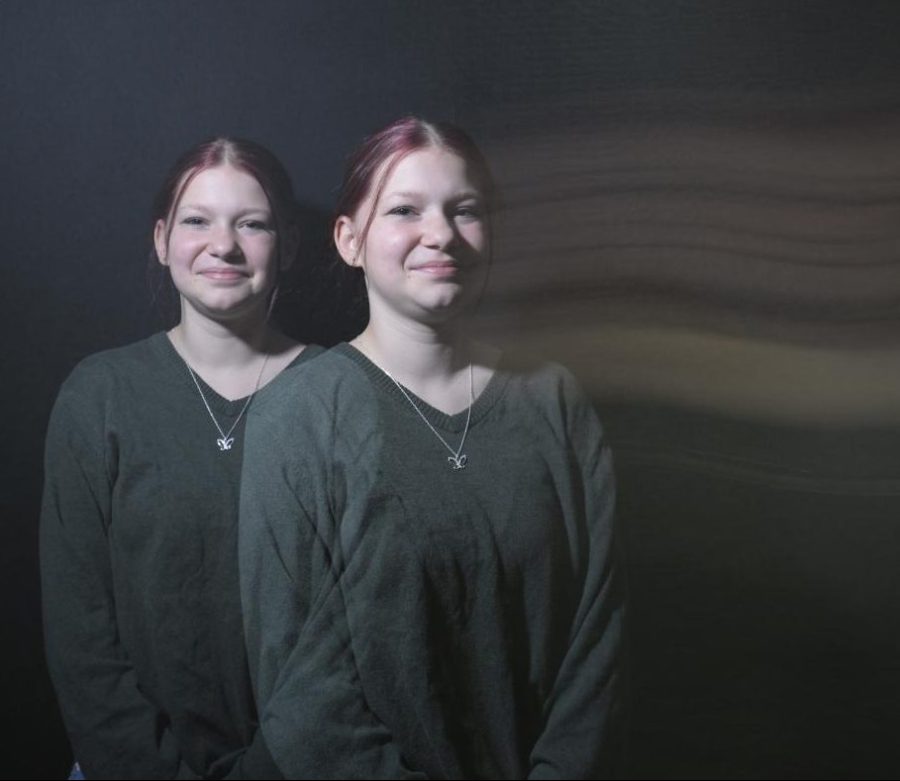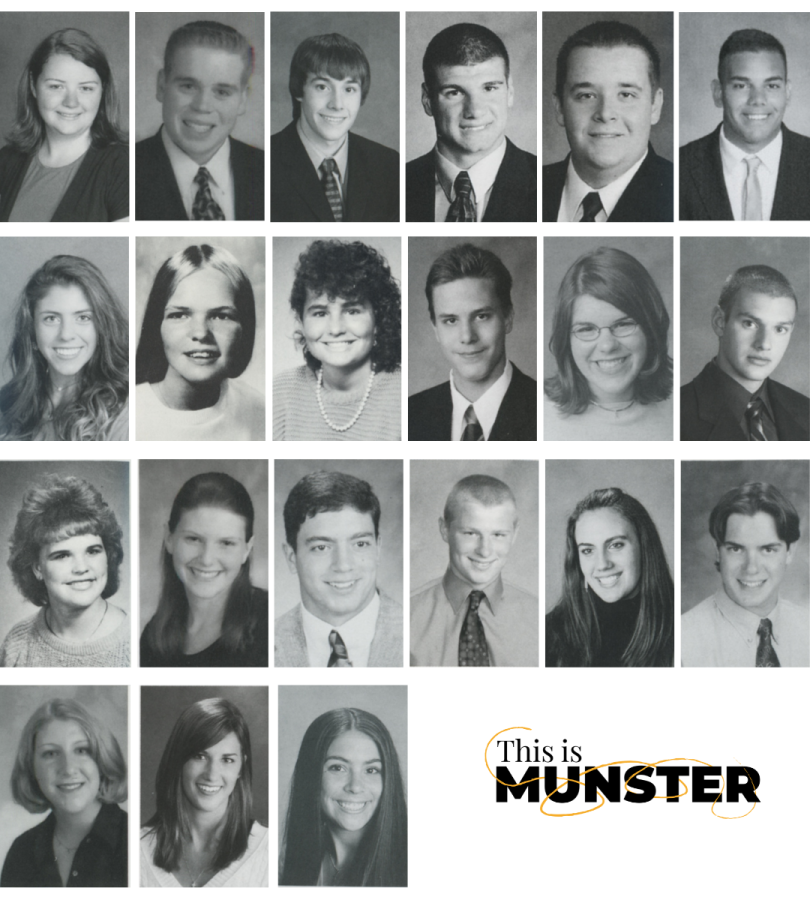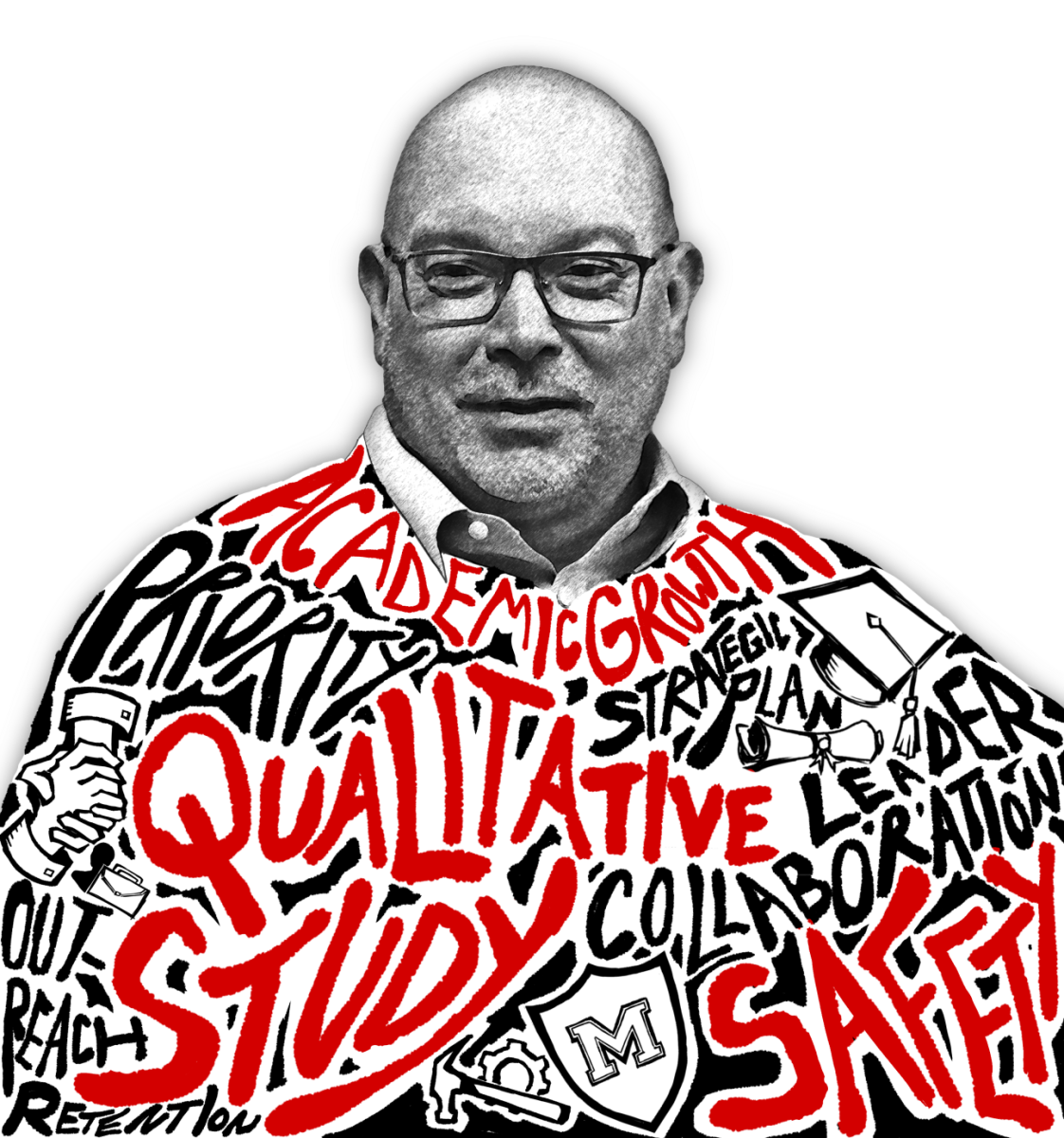Spending her sophomore year filled with early morning train rides followed by waiting at bus stops as the sun came up, Tea Dimitrijevic, senior, decided to go to Chicago Academy for the Arts to pursue piano. For her junior year, she decided to switch back to MHS. Although perfect for arts education, her decision to return ultimately came down to choosing what Tea considers a more diverse education—which she believes lies in AP involvement.
“The arts kind of puts you in a box,” Tea said. “I’m a creative person but I also really love learning about other topics. Being able to take more AP classes allows you to become a more critical and analytical thinker which carries over not only into your career, but also into your personal life.”
The Chicago Academy for the Arts only has nine AP classes available, which freshman and sophomore students are not allowed to take. In comparison, MHS offers 21. And starting this year, pre-AP, which replaces Honors classes, is available for underclassmen who want to prepare for taking AP classes.

Now over nine weeks into the school year, students, staff and administrators reflect on its implementation.
Originally, students were placed in Honors classes based on an academic placement process derived from standardized test scores. Now, however, pre-AP classes are open to any student who wants to take one, which draws in a wider range of students. Unlike the specific units of AP classes with a focus on the AP exam, pre-AP focuses on building various skill sets for future classes.
“It’s about more equitable learning opportunities for all who are taking our AP courses,” Mrs. Colleen Bergren, assistant superintendent, said. “Are we seeing student subgroups that are excluded and who are not being successful in those classes? And how can we ensure that we have more equitable opportunities?”
For Besiana Burrell, freshman, pre-AP is the ideal preparation for harder classes. Now mid school year, she finds the new academic diversity between students in her three pre-AP classes makes it harder to seek help from her peers than her previous Honors classes.
“I feel like it’s honestly harder because if I need help with something, everyone has their own way of doing things,” Burrell said. “There’s been times I’ve needed help and people haven’t been able to help me.”
Since the English 10 classes are not smaller than they were previously despite the introduction of pre-AP English, Ms. Leigh Ann Westland, who teaches both classes, sees it just as a redistribution.
“I think it’s hard if you take a student who’s never been in, say, Honors or AP, and they’re used to getting an A, and now they might not get an A in a pre AP class, and they have to be okay with that,” Mrs. Westland said.
For teachers, this range means creating a new way to accommodate students who may be at different levels when it comes to the learning process. Students who were in Honors classes previously were taught on the track for AP courses, while other students may not have focused on AP specific skills as thoroughly.
“If you’re getting taught a lot of information but you don’t understand any of it, then it’s just not gonna be useful to you,” Burrell said.
Just as AP has brought pre-AP, pre-AP classes can also bring the start of new AP classes offered. For example, since pre-AP World History and Geography was just started this year, administration may consider having conversations about starting AP World History in a few years once more students have taken the course. If students wanted recently created AP African American Studies to be introduced at MHS, then, according to Mrs. Tammy Daugherty, instructional coach, it would have to go through these steps and conversations:
- Student interest in taking the course
- Potential pre-existing prerequisite options
- Staff interest in teaching the course
- How implementing the course would change class sizes and scheduling
After all of that, an AP class can be added to the class schedule options. But reflecting on administration’s goals when it comes to pre-AP, they wonder how this impacts students’ mindsets.
“The question about AP is because if we wanted to continue to push, push, push and offer more and more and more, what are we doing as an institution?” Mrs. Bergren said. “Are we sending the message that ‘oh, you’re not worthy.’?”











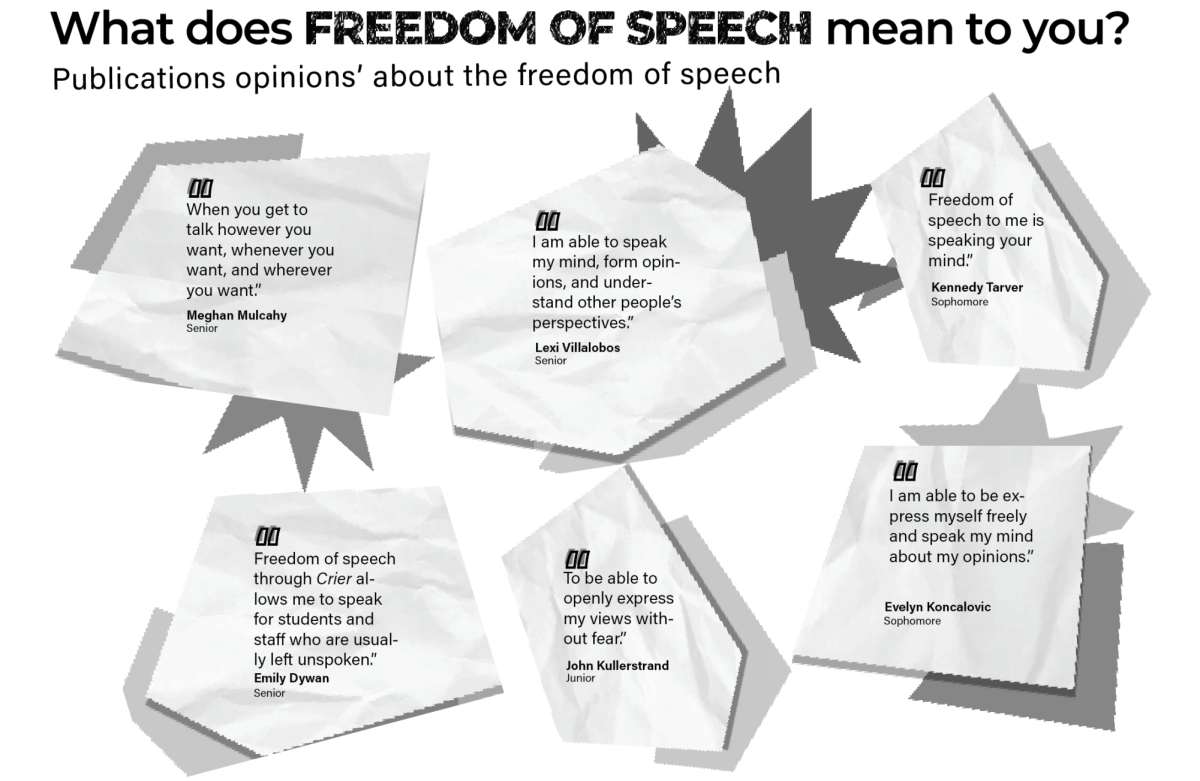







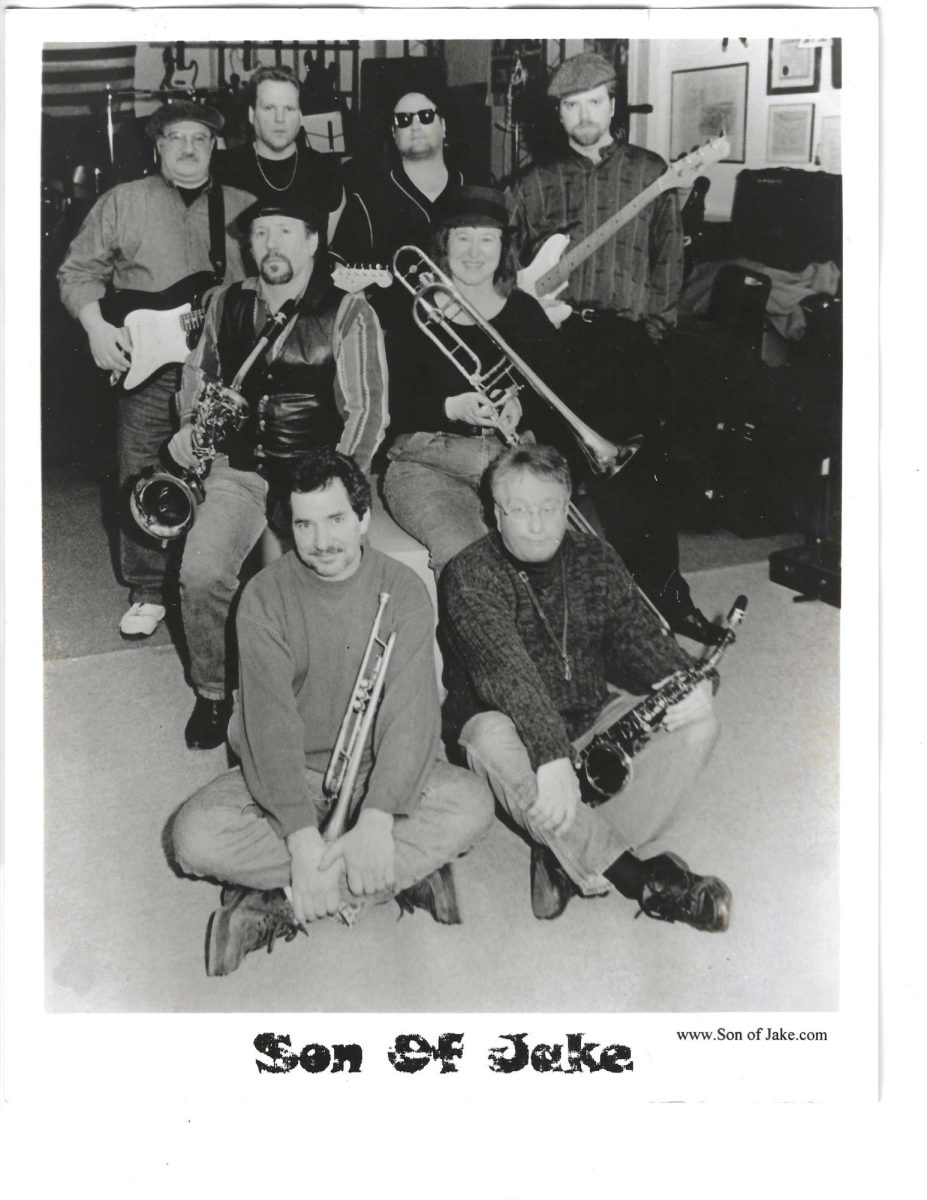
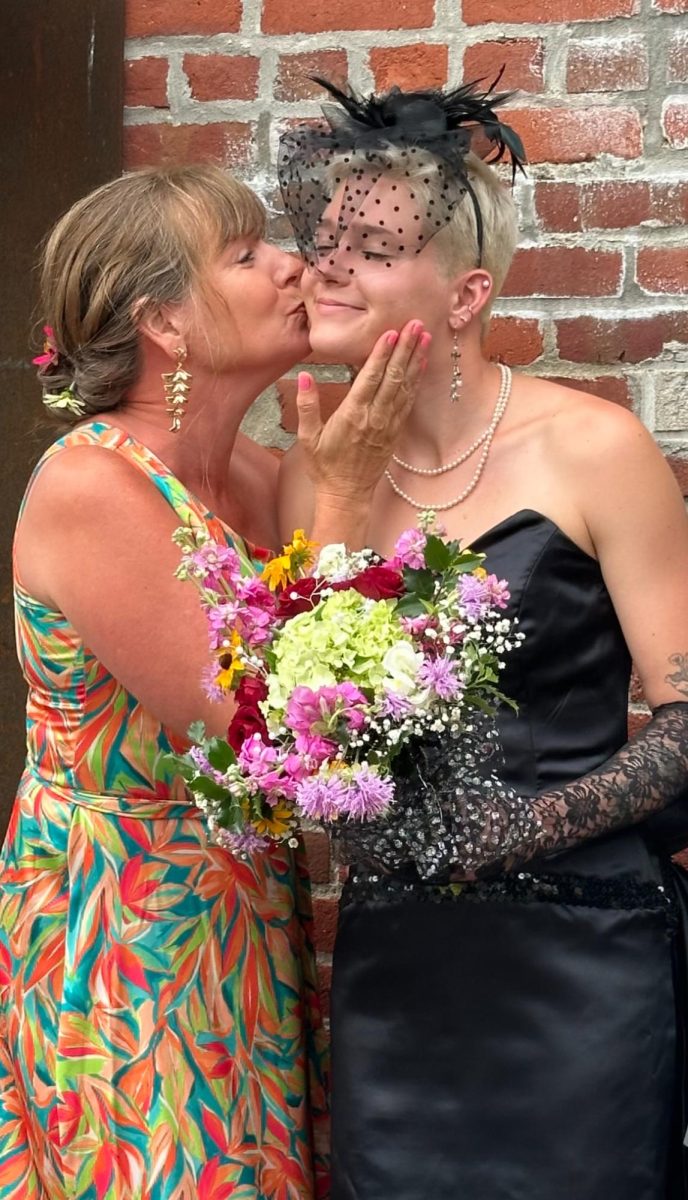

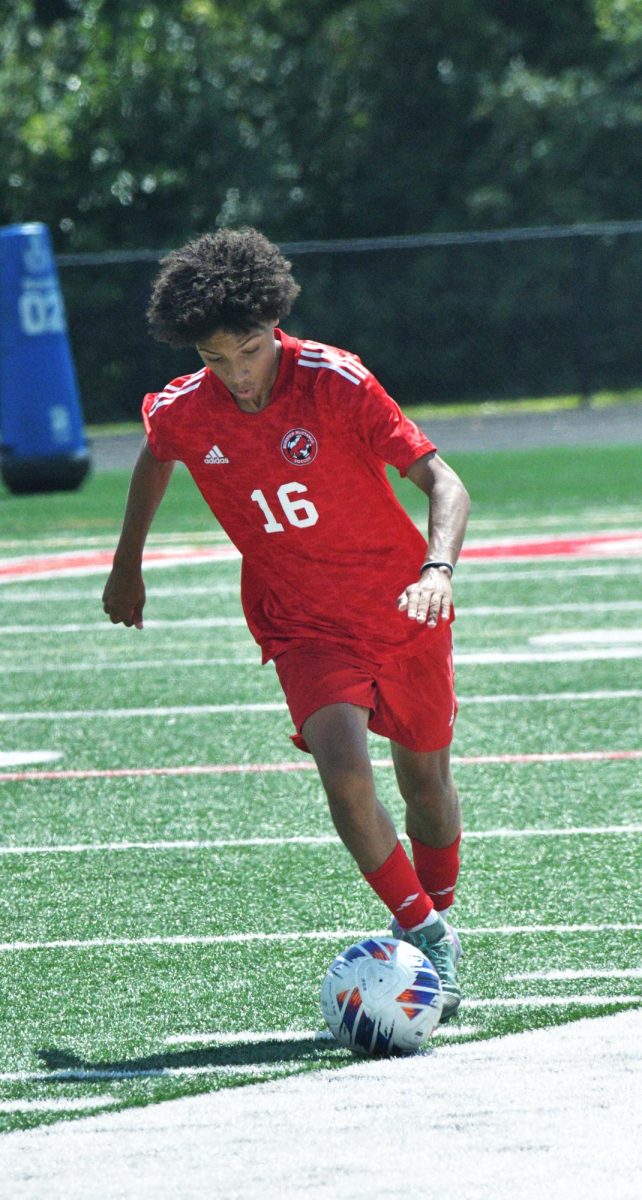









![SNAP HAPPY Recording on a GoPro for social media, senior Sam Mellon has recently started a weekly sports podcast. “[Senior] Brendan Feeney and I have been talking about doing a sports podcast forever. We love talking about sports and we just grabbed [senior] Will Hanas and went along with it,” Mellon said.](https://mhsnews.net/wp-content/uploads/2025/04/sam-892x1200.png)









